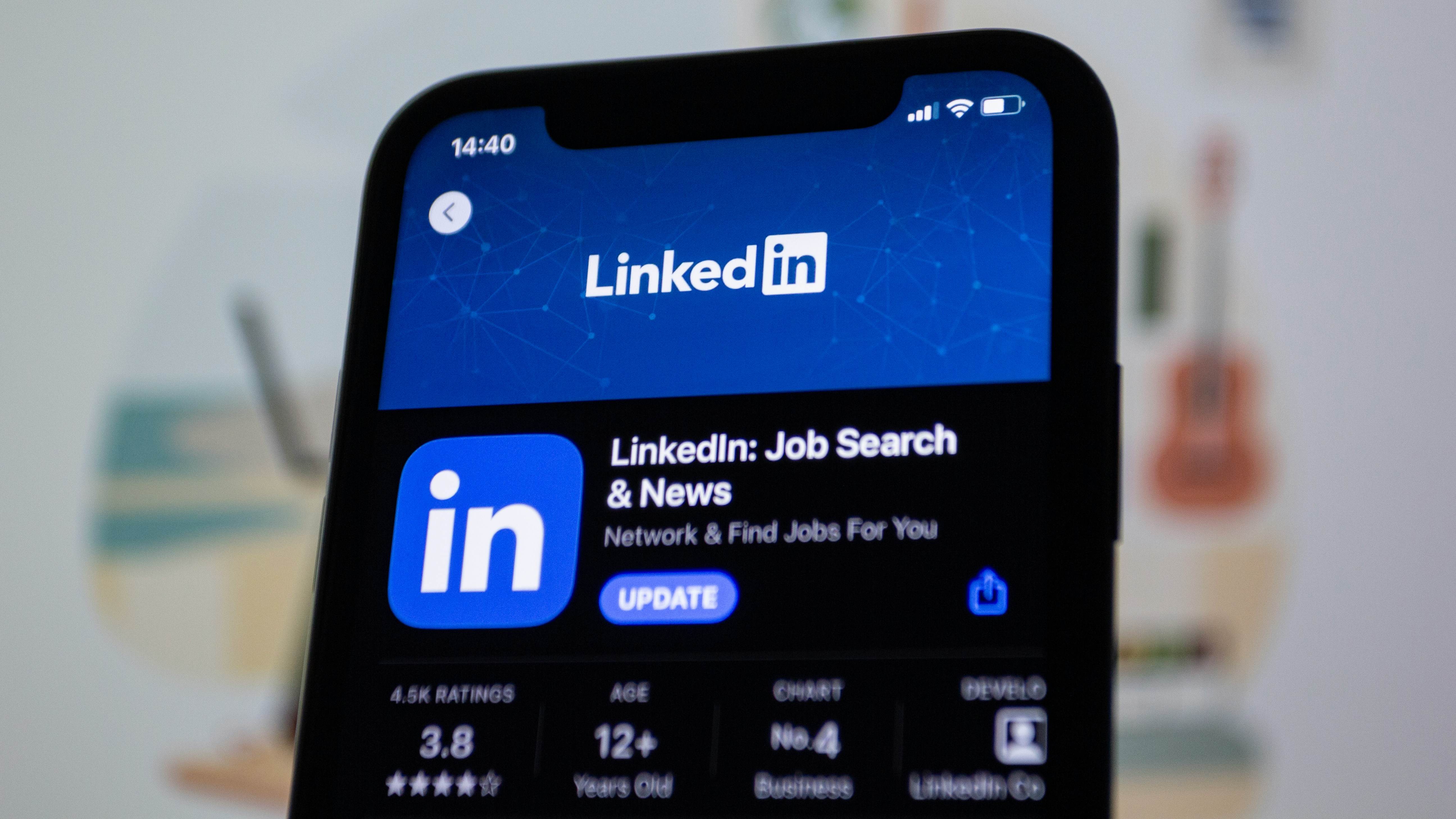
Data Engineering Jobs UK 2025: 50 Companies Hiring Now
Bookmark this guide—refreshed every quarter—so you always know who’s really expanding their data engineering teams. Driven by the UK’s Digital Economy Strategy, the AI & GenAI boom, cheaper cloud storage and a squeeze on legacy batch pipelines, data engineering hiring is in overdrive for 2025. Employers from hyperscale tech firms to NHS trusts want lake‑house architects, streaming‑platform specialists, ETL developers, MLOps pipeline gurus, analytics engineers & FinOps‑savvy cost guardians—right now. Below you’ll find 50 organisations that posted UK‑based data engineering vacancies or announced head‑count growth in the last eight weeks. They’re grouped into five easy‑scan categories. For each company you’ll see its main UK hub, an example live or recent vacancy, and a quick reason it’s worth your time. Search any employer on DataEngineeringJobs.co.uk to view current ads, or set a free alert so fresh openings land straight in your inbox.


